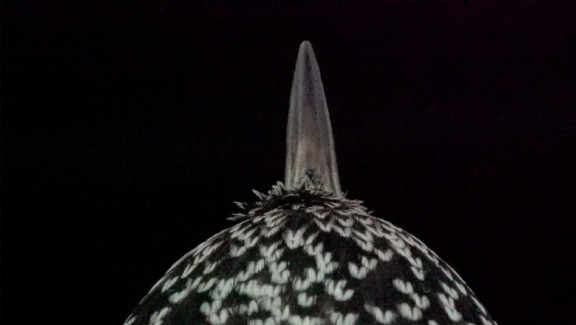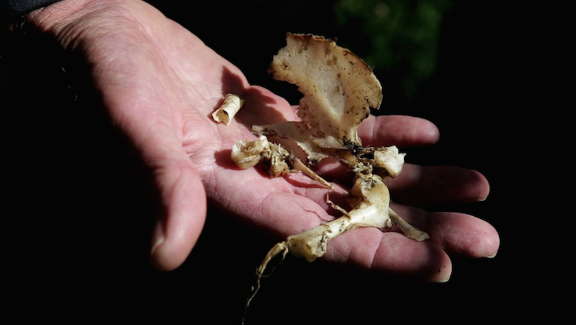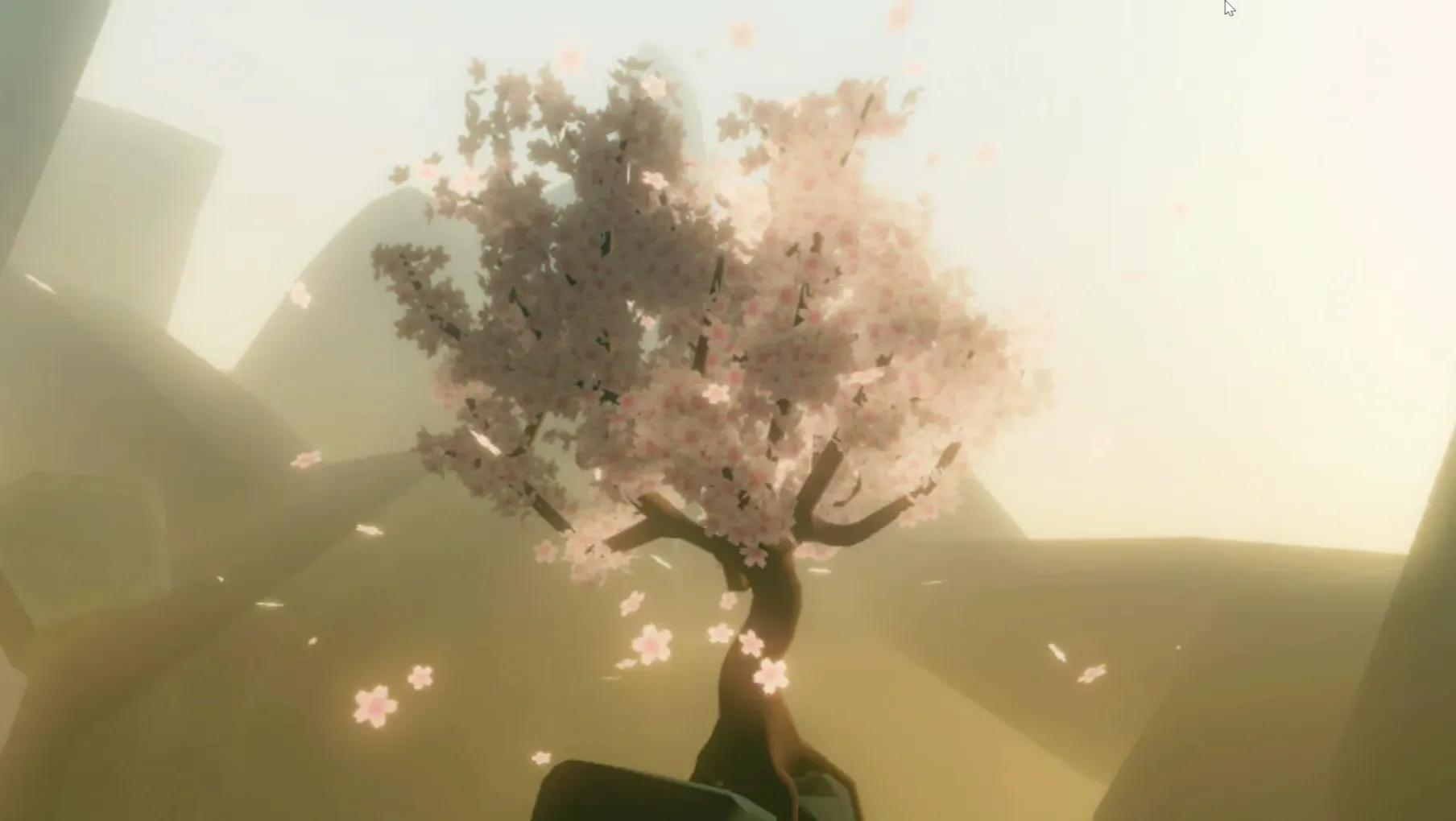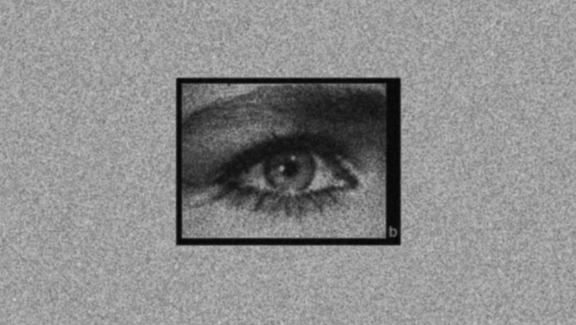Evolutionary Jerks and Gradualist Creeps
Synopsis
Official Selection BFI London Film Festival 2016 - Experimenta Strand
Details
- Year
- 2016
- Type of project
- Shorts
- Running time
- 38 mins
- Director
-
Duncan Marquiss
- Editor
- Duncan Marquiss
- Director of Photography
- Duncan Marquiss
- Sound
- Duncan Marquiss; Sound Mix: Derek O'Neill
- Composer
- Duncan Marquiss; Trumpet: Phillip Gurrey; Drums: Iain Stewart
- Principal cast
- Niles Eldredge, Armand Marie Leroi
Genre
Categories
Production Status
Production Company
Duncan Marquiss
Page updates
This page was last updated on 12th May 2025. Please let us know if we need to make any amendments or request edit access by clicking below.
See also
You may also be interested in other relevant projects in the database.
 Collision Index
Collision Index
Director: Duncan Marquiss
Year: 2018
The eccentric collection of the McManus museum in Dundee is reorganised into a new analogical composition that tests new and unexpected relationships between things. Official Selection BFI London Film Festival 2018 - Experimenta Strand - World premiere
 Search Film
Search Film
Director: Duncan Marquiss
Year: 2015
Considering innate human foraging behaviour by comparing a biologist’s field study of goshawks with searching in other contexts. The project developed from conversations between the artist Duncan Marquiss and his father, biologist Dr. Mick Marquiss. Official Selection BFI London Film Festival 2015 - Experimenta Strand - World premiere
 The Last Tree
The Last Tree
Director: James Hosken, Katie Eggleston, Lauren Fitzpatrick, Mimi Harmer
Year: 2025
An interactive stationary VR experience that invites quiet reflection on nature, slowness, and change. It offers a moment to sit, observe, and influence the atmosphere in a peaceful, dreamlike virtual world. The experience places the audience on a hilltop, looking across at a lone tree gently swaying in the breeze on another hill. The audience can move their hands gently to influence the wind. The seasons cycle over the course of ten minutes, the visual and audio aesthetics shifting with the changes. The piece emerged from thinking about how nature changes quietly around us, often unnoticed. We invite the audience to consider how small gestures and moments connect us to the world’s larger cycles, and how ephemeral and fragile those cycles are.
